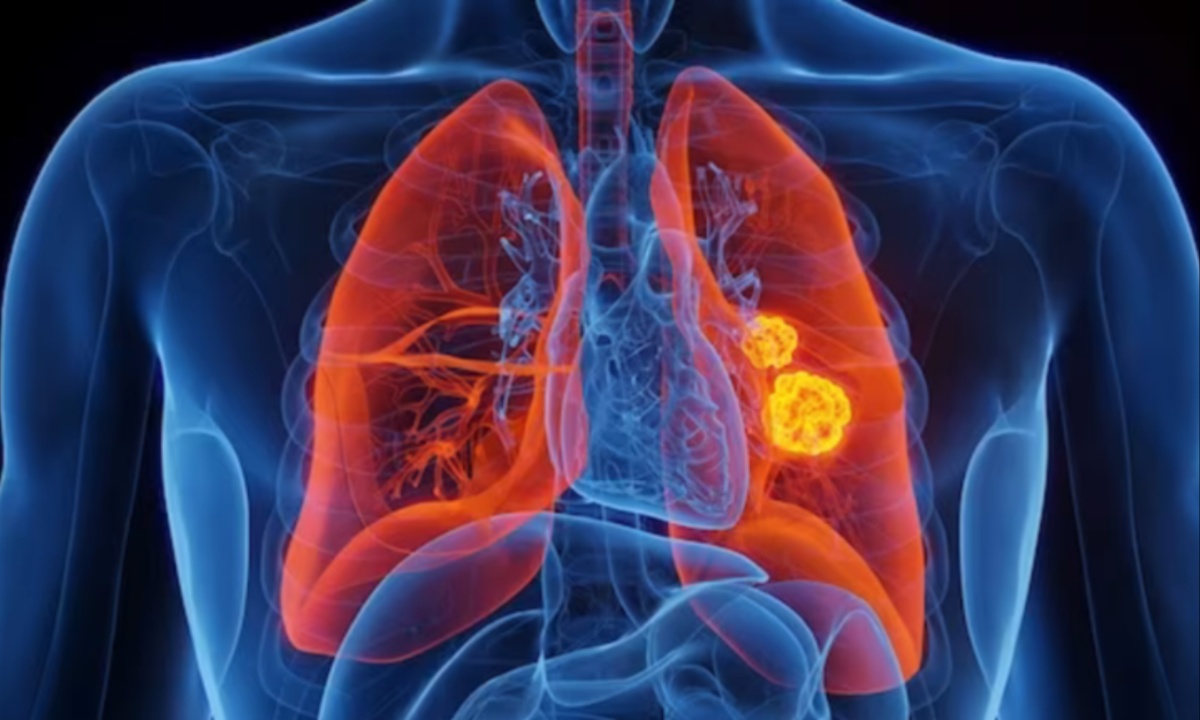Susan Wojcicki, the late CEO of YouTube, delivered a powerful message about lung cancer in a blog post shortly before her passing in August at the age of 56. Diagnosed with lung cancer in late 2022, despite being a nonsmoker and having minimal symptoms, Wojcicki highlighted the alarming rise of lung cancer among nonsmokers, particularly women, and advocated for increased research funding and awareness.
Lung cancer among nonsmokers has been climbing, with women disproportionately affected. Research indicates that two-thirds of lung cancer cases in nonsmokers occur in women. This demographic shift contrasts with the broader decline in lung cancer cases linked to reduced smoking rates, emphasizing the need to address genetic and environmental factors driving these cases.
Wojcicki’s personal journey resonated with others like Jhalene Mundin, a 36-year-old nonsmoker diagnosed with stage IV lung cancer. Mundin’s symptoms, initially mistaken for lingering effects of COVID-19, revealed an advanced cancer only after an X-ray. Like many others, she expressed shock and frustration at the lack of awareness and screening for nonsmokers, particularly those with genetic mutations linked to lung cancer.
The prevalence of lung cancer among women has risen by 84% over the past four decades, while rates in men have dropped by 36%. Factors like mutations in the epidermal growth factor receptor (EGFR) gene are significant contributors. EGFR mutations, which promote cancerous cell growth, are more common in women and people of East Asian descent, raising questions about genetic and environmental influences.

Advocates like Mundin and Kara, another patient diagnosed with EGFR lung cancer, are calling for more targeted research and early screening options. Kara, a marathon runner, and otherwise healthy nonsmoker, underscored the need for momentum in research to find cures for genetic forms of lung cancer. Both patients emphasized the life-changing impact of earlier detection and better treatments.
Experts like Dr. Helena Yu and Dr. Alexander Drilon of Memorial Sloan Kettering Cancer Center are working to uncover the biological mysteries behind these cases. They note that targeted therapies for genetic mutations like EGFR have improved survival rates but stress the need for more comprehensive research to understand the causes and develop preventive measures.
Efforts to address these challenges are underway. The Women and Lung Cancer Research and Preventative Services Act seeks to enhance funding and focus on understanding lung cancer in women. Historically underrepresented in clinical trials, women have faced systemic gaps in research and treatment that experts and advocates hope to close.
Lung cancer remains the leading cause of cancer death in the U.S., surpassing breast, ovarian, and cervical cancers combined. Yet, it is among the least-funded cancers for research, particularly for women-focused studies. Advocates argue that funding must align with the disease’s societal burden to improve outcomes.
Screening guidelines in the U.S. primarily target smokers, leaving nonsmokers at risk of late diagnoses. International studies, such as the TALENT study in Taiwan, have shown promise in identifying lung cancer in nonsmokers through low-dose CT scans. These findings highlight the potential benefits of expanding screening to high-risk nonsmoking populations.
Wojcicki’s message and the stories of others affected by lung cancer underscore the urgent need for awareness, targeted research, and policy changes. By addressing this growing health crisis, the hope is to improve early detection and treatment for future generations, potentially saving lives and transforming care for those at risk.
